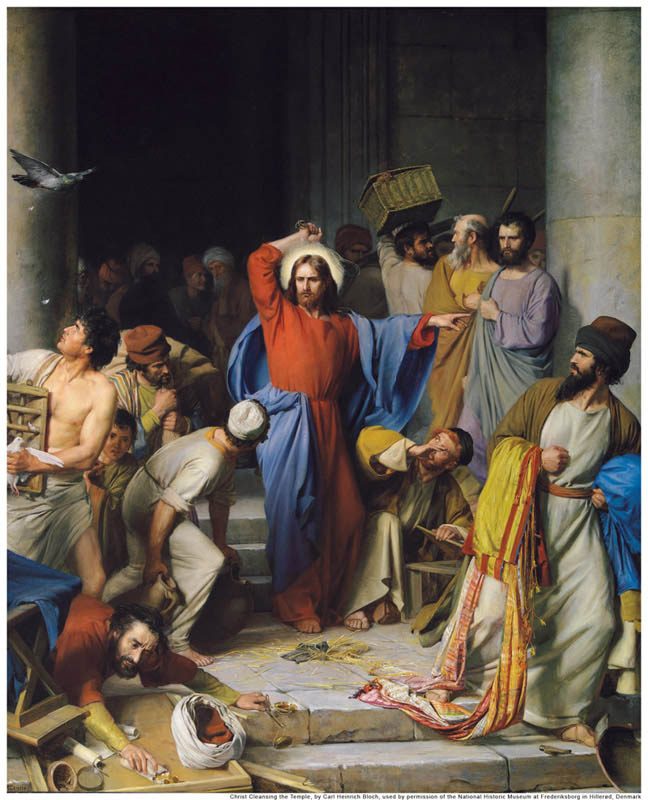The Pharisees were a sect of the Jews. They were noted for their reduction of religion to little more than a series of rituals and made a strong effort to avoid anything gentile. They believed oral tradition was as important as written tradition. Pharisees did accept the reality of angels, immortality, and resurrection of the body. They demonstrated a great deal of spiritual pride related to their ability to carry out ritualistic obedience and were a major stumbling block in the efforts of Jesus Christ and the apostles to bring about conversions.
 Jesus said they made a great many rules but didn’t actually follow them themselves, holding others to a standard they were not willing to hold themselves to. He said they did only the works other would see and liked a showy form of religion that announced their righteousness to the world. Jesus referred to them as hypocrites and warned that they would be held responsible for killing the prophets.
Jesus said they made a great many rules but didn’t actually follow them themselves, holding others to a standard they were not willing to hold themselves to. He said they did only the works other would see and liked a showy form of religion that announced their righteousness to the world. Jesus referred to them as hypocrites and warned that they would be held responsible for killing the prophets.
Many Pharisees attended Jesus’ baptism, but he called them a generation of vipors. He warned them to repent and not to count on being descendants of Abraham as sufficient to save them.
The Pharisees took great pleasure in trying to find fault in the Savior’s ministry, watching closely for anything they considered to be a fault. They criticized him for not fasting often enough, but He told them there was no need to fast (mourn) while Jesus was among them—that would be done at His death.
The Pharisees saw some of the disciples eating the bread with unwashed hands and criticized Jesus for it. He told them they were so worried about the traditions of men they were neglecting the true commandments and put tradition before commandments.
Jesus was invited to dinner by a Pharisee who was shocked that the Savior sat down to dinner without washing first. Jesus told him they needed to worry less about the washing of the outside and more about the washing of the insides, which the Pharisees were far less concerned with.
They saw the disciples pluck a few ears of corn to eat while walking through a corn field on the Sabbath and criticized Jesus for it. He responded by reminding them that David had fed hungry people in violation of a specific rule as well. When they watched to see if He would heal a man with a withered hand on the Sabbath, hoping to catch him in violation of the law, He reminded them it is lawful to do good on the Sabbath. They accused him of using Satan’s powers to heal, rather than God’s. They scolded Him for eating with sinners, but He pointed out He was there to call sinners to repentance, not the righteous, and therefore, He had to spend time with them. Their criticism led to the teaching of three important parables—the lost sheep, the Prodigal Son, and the lost silver. He explained that we find great joy when the lost is found.
The disciples rode ahead of Jesus Christ and were criticized by the Pharisees for this, but Jesus rebuked them, saying they were doing what they needed to do—proclaiming the Savior’s identity.
The Pharisees also enjoyed playing word games with Jesus. They would phrase questions in such a way that they hoped to trap Him, a method frequently employed today. Each time, Jesus would quote scripture or focus their attention on the core doctrine, not the minor details on which they focused.
The Pharisees were part of the group working to kill Jesus. When Passover approached, it was they who issued the command that people were to tell them where Jesus was and they participated in his arrest.
The apostle Paul was a Pharisee prior to his conversion. During one of Paul’s arrests, he was taken before a council of Pharisees. The scribes defended Paul and arguments arose. The Chief Captain arranged for Paul’s rescue.
